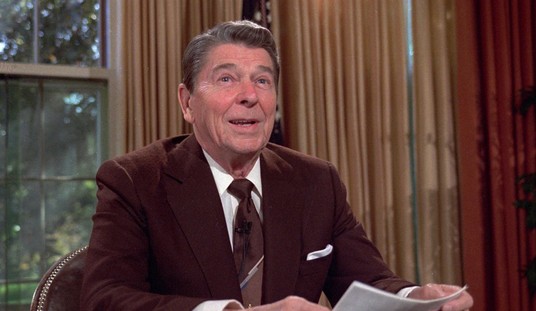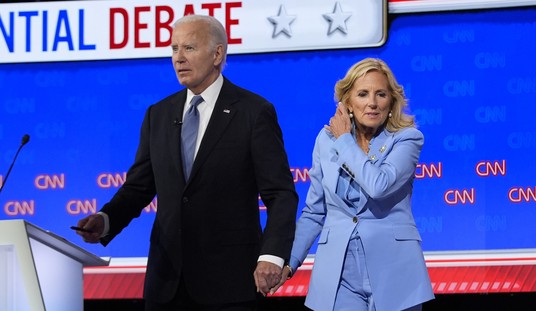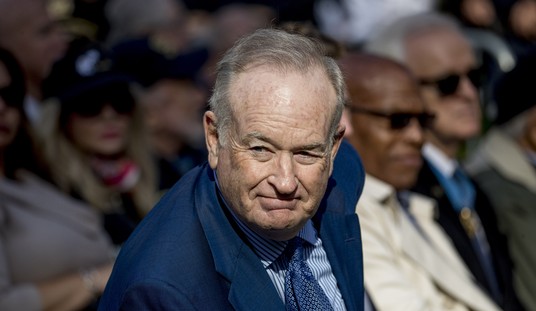Some officials contend that the United States and Britain wield so much influence in Hong Kong that China cannot open the nomination process for candidates to succeed Hong Kong’s chief executive, Leung Chun-ying, in 2017 as protesters have demanded. Doing so, they argue, risks allowing voters to be manipulated and a puppet of the West to take power.
“Strategically, there is an American pivot to Asia still going on, so can you imagine it will not make use of the current turmoil?” asked Lau Nai-keung, a member of a Hong Kong committee that advises China’s legislature. “This is how the Beijing leadership views what is going on.”
Those who sympathize with the democracy movement tend to dismiss such concerns as paranoia. But many who back the government insist these worries are justified given the 155 years Hong Kong spent as a British colony and the unique autonomy it enjoys in China, not to mention the mixed record of the United States in toppling governments overseas in the name of spreading democracy.
Demographics are a cause for concern, too. Three-fifths of the population in Hong Kong grew up and went to school while it was governed by Britain. Many resident, as much as a tenth, have sworn loyalty to another government and carry passports from Canada, Australia, the United States and elsewhere, many acquired in the years immediately before Hong Kong’s return to Chinese rule in 1997.
The first takeaway here is that commies are always afraid of democracy. No sane human being chooses communism. Communist leaders don’t even choose communism (see: Kim Jong Un and his Swiss boarding school education).
The second takeaway is the lengths that people who live in places that aren’t free will go to for free elections, perhaps the right we’ve become most complacent and apathetic about in the United States.









Join the conversation as a VIP Member